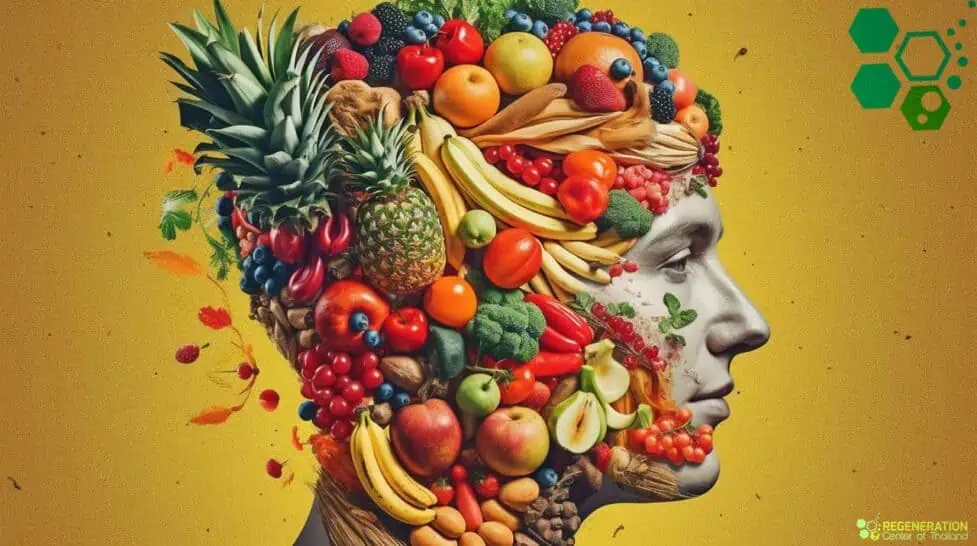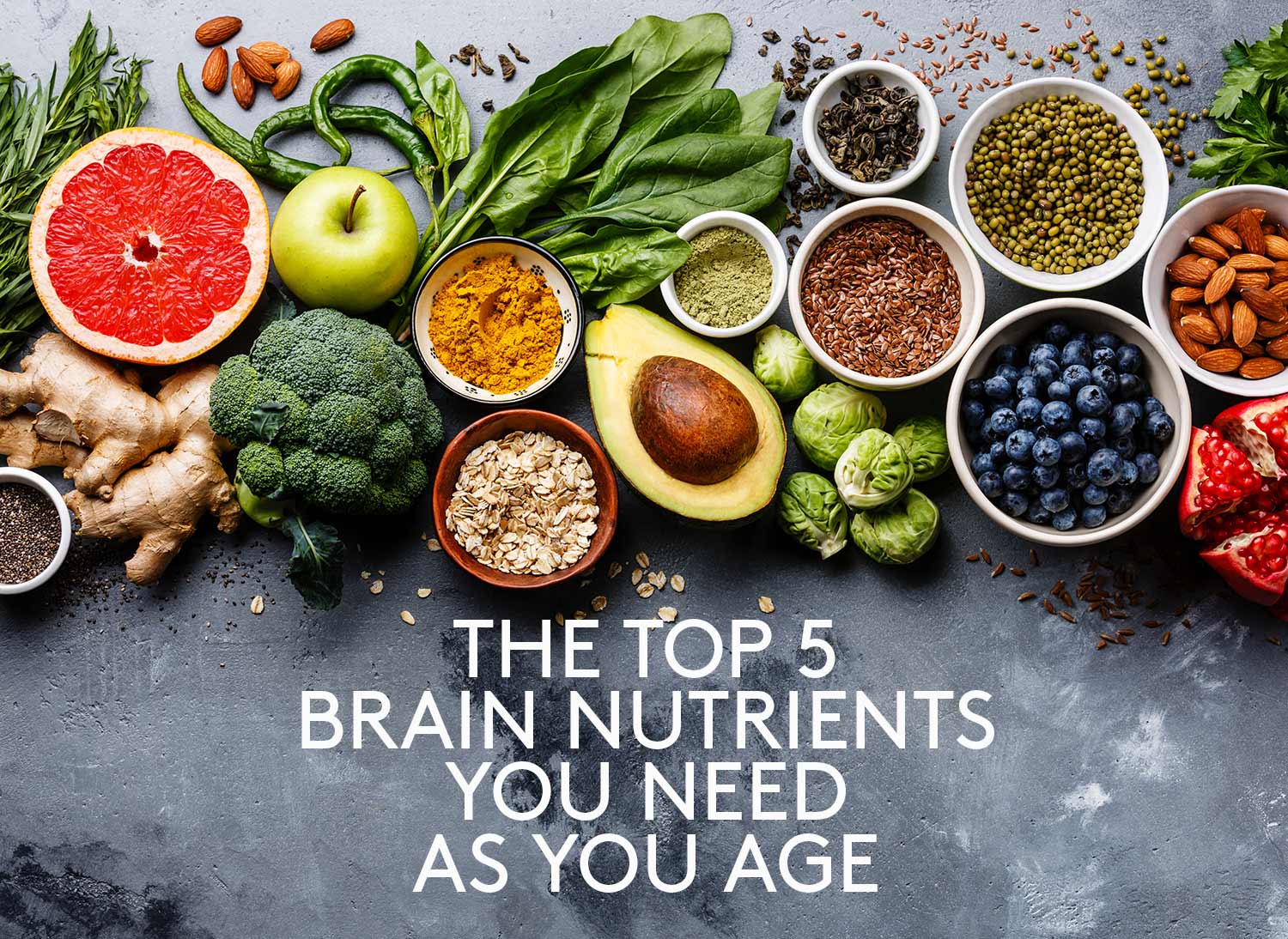A sharp mind begins with the right fuel, and the best brain foods for students are those that support memory, concentration, and sustained energy. Whether preparing for exams or tackling daily classes, eating nutrient-rich foods like fatty fish, nuts, berries, and whole grains keeps the brain performing at its peak. These foods supply essential nutrients such as omega-3 fatty acids, antioxidants, and B vitamins that protect brain cells and enhance cognitive performance. This guide explains which foods to include, how they help, and practical ways to add them into a busy student lifestyle for maximum learning potential.

Why Brain Nutrition Matters for Students
Good nutrition shapes how well students think, learn, and remember. The best brain foods for students help regulate neurotransmitters, balance mood, and support steady focus. A diet high in whole foods, lean proteins, and healthy fats supplies the brain with glucose and nutrients that improve mental performance. Poor dietary habits, such as skipping meals or relying on processed snacks, lead to brain fog and fatigue. By eating the right foods consistently, students enhance problem-solving skills, memory recall, and concentration—essential for academic success. Nutrition is not just about physical health; it is a key driver of academic performance.
Top Brain Foods for Better Learning
Here are the best brain foods for students that give a competitive edge:
- Fatty fish like salmon and sardines for omega-3 fatty acids, essential for memory and learning.
- Berries rich in antioxidants to protect brain cells and improve recall speed.
- Nuts and seeds for vitamin E and healthy fats that boost nerve communication.
- Leafy greens like spinach for magnesium and folate, supporting mood and focus.
- Whole grains for slow-release energy to keep concentration steady.
- Eggs for choline, aiding in neurotransmitter production.
Including these foods daily can improve retention, reduce stress, and keep mental performance strong during intense study sessions.
Meal Planning for Busy Students
Integrating the best brain foods for students into a hectic schedule is simple with smart planning. Breakfast could be oatmeal topped with berries and walnuts for lasting energy. Lunch can include grilled salmon with quinoa and spinach, providing omega-3s and B vitamins. For snacks, keep almonds, sunflower seeds, or boiled eggs on hand. Dinner might feature lean chicken, sweet potatoes, and steamed broccoli for a balanced nutrient boost. Staying hydrated with water and herbal teas also supports mental clarity. By prepping meals ahead of time, students can avoid processed snacks and keep their brains fueled all day.

Habits That Enhance Brain Food Benefits
The best brain foods for students work even better when paired with healthy habits. Consistent sleep ensures the brain processes and stores new information. Light physical activity increases blood flow and nutrient delivery to brain cells. Mindful eating helps improve digestion and absorption of nutrients. Avoiding excessive sugar and caffeine prevents energy crashes and loss of focus. Regular study breaks allow the brain to reset and improve problem-solving abilities. Combining nutrient-rich meals with these habits builds a powerful foundation for long-term cognitive performance and academic achievement.
Conclusion
The best brain foods for students are not exotic or complicated—they are everyday foods rich in omega-3s, antioxidants, vitamins, and minerals. By including options like fatty fish, berries, leafy greens, nuts, and whole grains in daily meals, students can boost memory, focus, and learning capacity. Pairing these foods with good sleep, hydration, and active study habits ensures the brain stays sharp and ready for academic challenges. Smart eating today sets the stage for better performance and success in every area of student life.
